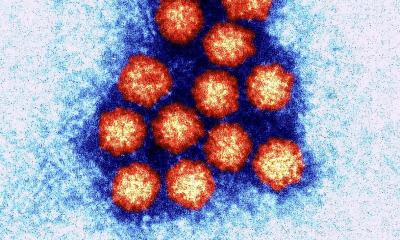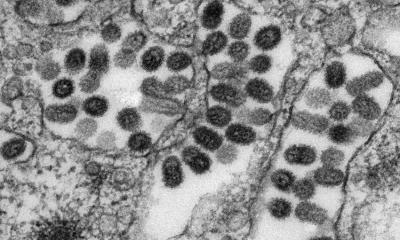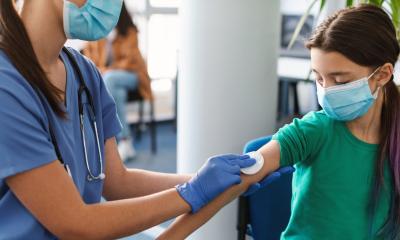Antimicrobial Resistance
AMR may cause over 10 million deaths per year globally by 2050
Following a meeting of professional organisations on the healthcare workforce implications on Antimicrobial Resistance (AMR) held at World Health Organization (WHO) headquarters on 2 March 2016, the International Council of Nurses calls on governments to support the Global Action Plan on AMR and stresses the key role of nurses in reducing the impact and limiting the spread of this major threat to public health.

The AMR meeting brought together healthcare professional organisations to identify the best methods to address knowledge and information delivery to prescribers and healthcare workers and the ways to achieve effective behaviour change.
Antibiotic resistance is one of the biggest threats to global health today. It leads to longer hospital stays, higher medical costs and increased mortality. At the meeting, Dr Caline Mattar of the WHO indicated that AMR is responsible for 25 thousand deaths in Europe every year, 38 thousand per year in Thailand; and over 23 thousand in the USA. AMR has huge economic costs as well: estimated direct costs of AMR in the US are up to US$20 billion per year and up to US$35 billion per year for indirect cost. A February 2015 review on AMR projected that by 2050 it would cause over 10 million deaths per year globally and result in a cumulative cost of US$100 trillion, roughly the same as removing the UK economy from global output each year.
A key role of nurses is to educate the public. Dr Matter reported the results of a WHO multi country survey which showed that 64 percent of those surveyed believed that antibiotics are good for illnesses such as cold and flu; and about one third believed they should stop taking antibiotics when they feel better.
At the meeting, Dr Frances Hughes, ICN’s Chief Executive Officer, highlighted that nurses have the most impact on public and patient education; infection prevention and control; ensuring responsible use of AMRs and monitoring and evaluating treatment and reporting of AMR events.
“If the spread of AMR continues as projected, said Dr Hughes, “it will be nurses and families who will be caring for individuals in a manner not seen today.”
“Nurses can play a key role in lobbying governments to develop and strengthen national antimicrobial resistance surveillance systems to monitor the extent and cause of resistance in order to strengthen knowledge and evidence bases,” Dr Hughes added. “In addition, we can lobby governments for regulation to ensure that only quality assured, safe, and efficacious antimicrobial agents are licensed, distributed, and sold.”
Further roles for nurses include supporting and strengthening infection prevention and control (IPC) policies and practices; supporting patients’ adherence to antimicrobial treatment and correct use of antibiotics; and promoting vaccination.
In May 2015, the World Health Assembly adopted the Global Action Plan on Antimicrobial Resistance (AMR) which highlighted the vital role of the healthcare workforce “in preserving the power of antimicrobial medicines”. The Global Action Plan set out five main objectives:
- Improve awareness and understanding of AMR
- Strengthen knowledge through surveillance and research
- Reduce incidence of infection through sanitation, hygiene and infection prevention
- Optimize use of antimicrobial agents and
- Develop the economic case for sustainable investment that takes account of the needs of all countries, and increase investment in new medicines, diagnostic tools, vaccines and other interventions
Later this year, a high level meeting on AMR will occur at the United Nations General Assembly.
Source: International Council of Nurses (ICN)
14.03.2016





